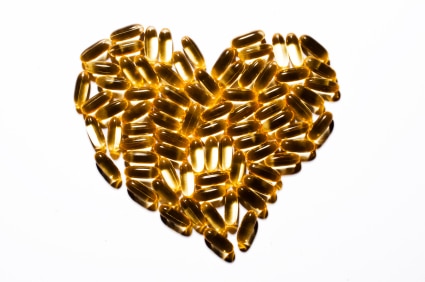Supplements for the Heart You would think with all the attention heart disease receives that it would no longer be...

Supplements for the Heart You would think with all the attention heart disease receives that it would no longer be...
© 2025 jackomd180. All rights reserved.